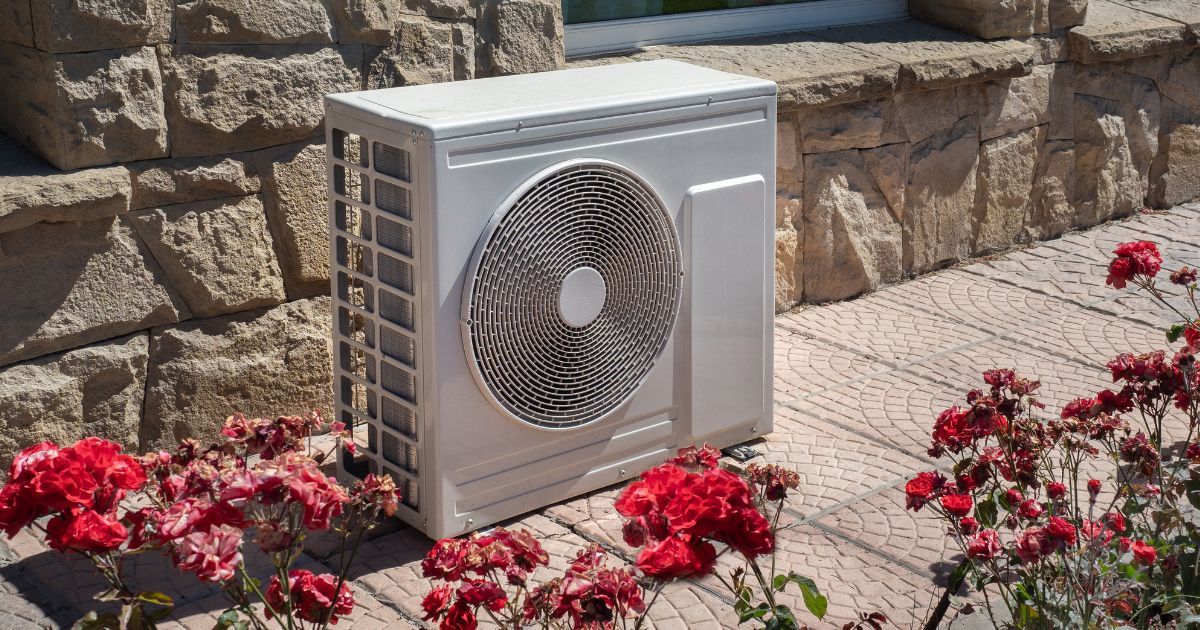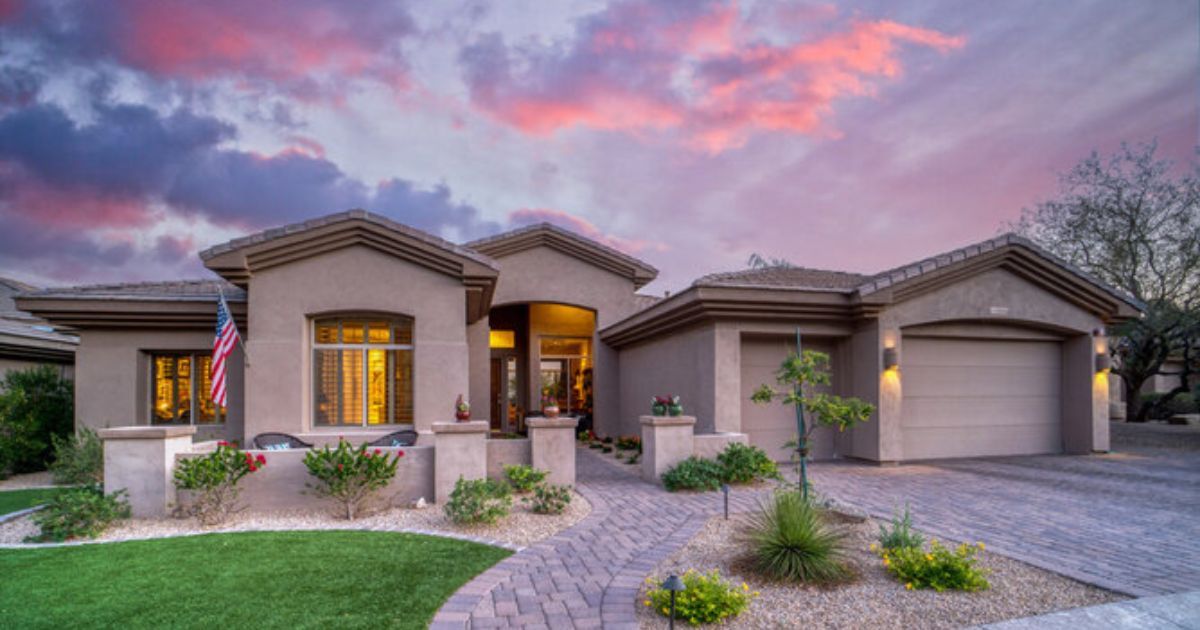Should I Repair Or Replace My Heat Pump?
Heat pump systems are beneficial to homes in Phoenix, because of the many benefits the unit can offer. Heat pumps can provide heating and cooling for your home and maintain comfort using the same system year-round. However, this process means heat pumps work constantly each season to ensure your home comfort remains. While the system is designed for a large workload, it will break down at some point in the future. In this article, we discuss factors to consider when deciding whether to replace or repair your heat pump in Phoenix, AZ and surrounding areas.
How Long Do Heat Pumps Last?
Repairing may seem like the easiest and cheapest option, but it is not always the best solution for your home. Heat pumps can last anywhere between 10-15 years depending on the maintenance given. Ways to increase your heat pump’s lifespan include:
- Regular Heat Pump Maintenance With Olive Air
- Change Air Filters Every 3 Months
- Ensuring Unit Is Clean & Clear
- Sealing & Insulating Your Home
Factors To Consider
Deciding between repairing and replacing your heat pump is a big decision for your home. When your heat pump breaks down, many want the fastest and cheapest option. However, a breakdown is a good time to evaluate the efficiency of your heat pump and decide what is best for your home. Both repairing and replacing have benefits and drawbacks, and can keep your home a comfortable environment. Below are five factors to consider when deciding whether to repair or replace your heat pump in Gilbert, AZ and surrounding areas.
- Age
- Cost Of Repair
- Frequent Repairs
- Utility Bills
- Home Comfort
Age
As we mentioned, heat pumps typically last anywhere between 10-15 years. Much like any appliance, heat pumps decrease in efficiency as the system ages. Heat pumps provide both heating and cooling, which can wear down parts each season. If your heat pump is nearing the 15 year mark, it could be best to replace it if your system has broken down. Aging heat pumps are less reliable and have a higher risk of breaking down at an inconvenient time. Additionally, new heat pumps can improve efficiency and save on monthly costs.
When To Repair: Your heat pump has broken down, but still works efficiently and is under 10 years old.
When To Replace: You are experiencing a heat pump breakdown, and your system is nearing 15 years old. Additionally, replace if your aging heat pump has become less energy efficient.
Cost Of Repair
When your heat pump breaks down, we encourage you to pay attention to the cost of repair. We understand the logic behind choosing the cost of repair rather than the cost of replacement, but it may not be the most cost effective solution in the long run. We recommend homeowners use the “$5,000 rule.” The “$5,000 rule” multiplies the age of your heat pump by the cost of the repair. If the total is less than $5,000, repair could be the best option. If the total exceeds $5,000, replacement could be the smartest option.
When To Repair: You need to repair your heat pump and the cost is less than $5,000 when using the “$5,000 rule.”
When To Replace: Replacement is the best option when the cost of repair exceeds $5,000 using the “$5,000 rule.”
At Olive Air, one of our core values is honesty. Our technicians will always help make an honest decision to best benefit you and your home. Let us help decide if it is time to repair or replace!
Frequent Repairs
Repairing a heat pump that has frequent repairs is similar to putting a bandage on a much larger problem. When faced with the decision of repairing or replacing, we encourage homeowners to consider past repairs. Ask yourself:
- How often have I had to repair my heat pump?
- Were they expensive repairs?
- Will this repair last?
While repair may be the most cost effective option upfront, continuing to repair could be more costly in the long run. Frequent repairs often indicate an internal problem that will lead to replacement eventually.
When To Repair: We recommend repairing your heat pump if the repair is minor and cost effective.
When To Replace: We recommend replacing if you experience frequent repairs and discomfort in your home.
Utility Bills
If you are experiencing a heat pump breakdown, consider your recent utility bills. Heat pumps needing to be replaced often use more energy to operate and raise utility bills. Choosing to repair when your heat pump may be heightening energy costs can be a more expensive option in the long run. Your home comfort doesn’t have to be expensive, and replacing can ensure your unit remains efficient!
When To Repair: Homeowners should repair their heat pump if utility bills are normal and an Olive Air technician recommends repair.
When To Replace: We recommend replacing if your energy bills have spiked recently due to your heat pump’s operation.
Home Comfort
Have you been experiencing uneven temperatures around your home? Some spots may be warmer than others, which can indicate your heat pump isn’t effectively heating your home! If you are experiencing a breakdown, consider your home comfort. An aging furnace may struggle to meet the thermostat settings and sacrifice your comfort.
When To Repair: Repair your heat pump if it effectively and affordably heats and cools your home.
When To Replace: Replace your heat pump if you experience a decrease in home comfort due to an internal unit issue.
There are many situations where repairing your heat pump is the best and easiest decision for your home. However, repairing may not be the most cost effective solution in the future. We encourage you to consider these factors when deciding whether to repair or replace your heat pump. Our trained technicians can help make the decision and process a breeze! Give us a call for heat pump repair or replacement services in Phoenix, AZ and surrounding areas.

